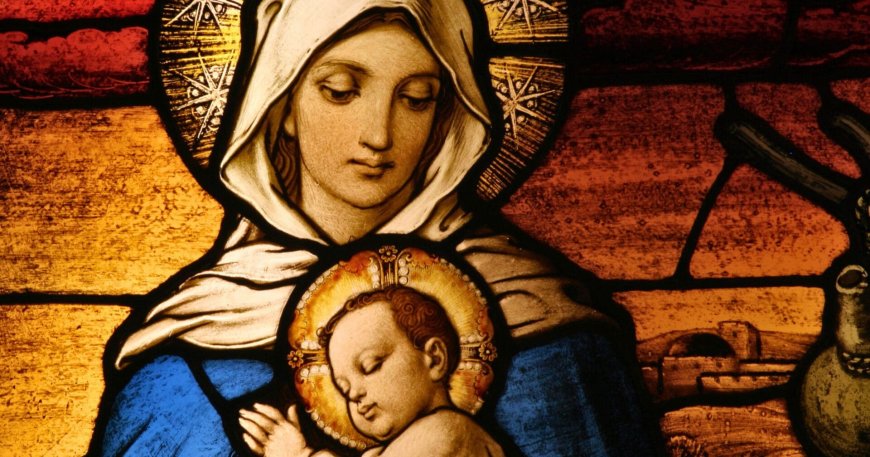Busia Woman Claims She Is 'Mary Mother Of Jesus' [VIDEO]
Judith Nafula, a devout Catholic in the village, declared herself to be the Holy Mother after claiming that she received the Holy Spirit.
![Busia Woman Claims She Is 'Mary Mother Of Jesus' [VIDEO]](https://viraltea.co.ke/uploads/images/202506/image_870x_68406dcc5914f.jpg)
Residents of Nangoma village in the Matayos constituency in Busia County are reeling in shock after...get this...a woman claimed to be the real Mary, Mother of Jesus.
Judith Nafula, a devout Catholic in the village, declared herself to be the Holy Mother after claiming that she received the Holy Spirit.
“A light came down from heaven, and in the middle of it was Jesus. He spoke to me, asking me where Mother Mary was and that he had been sent by his father, God,” Nafula claimed during an interview with journalists.
“I responded to him, saying I did not know who Mother Mary was. He revealed that it was me and that it was high time people found out my true identity."
Nafula shared that after the encounter, she was guided to a nearby hill, where she lived for two months, communicating with the Holy Spirit.
Video courtesy of NTV:
In an unexpected turn, her husband, John Wekullo, said he had a similar vision and believed he was revealed to be Joseph, the biblical husband of Mary.
Nafula also claimed she was granted the power to perform miracles—a claim that did not sit well with her local church, which ultimately cut ties with her. “They started saying that I was a mad person, that I had lost my mind, and they threw me out of the church,” she narrated.
Still, the unusual events caught the attention of locals and people from nearby areas, who began visiting her home in large numbers seeking prayers and blessings. Her relatives say Nafula’s following has grown rapidly, with some even backing her claims of performing miracles.
“People have started knowing her and admitting to her ability to perform miracles. We are seeing people coming back; those who could not conceive have been able to conceive, and the sick have been healed,” noted Nafula’s sister in law.







